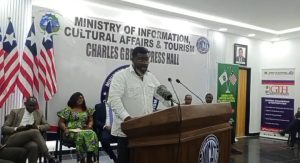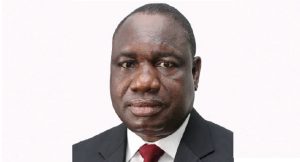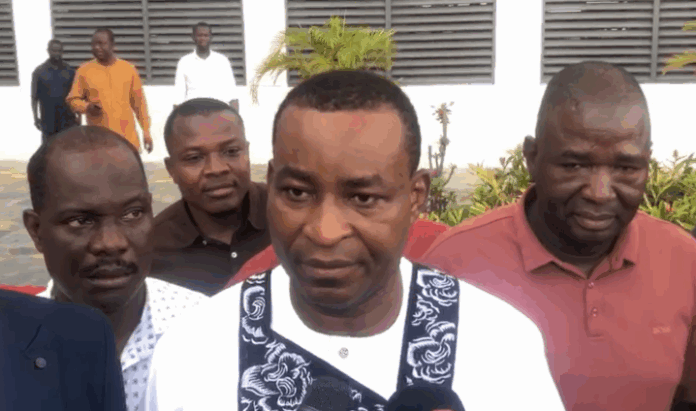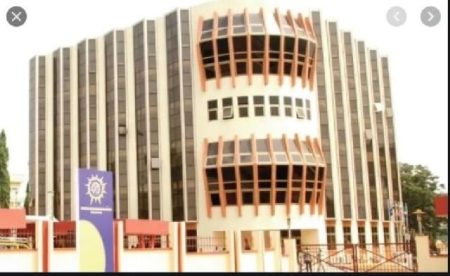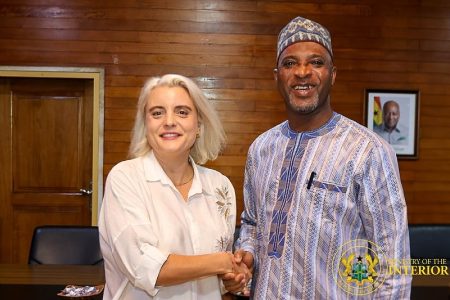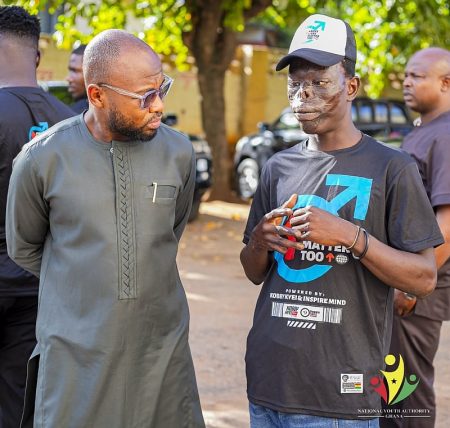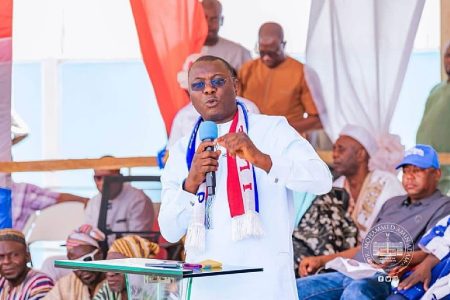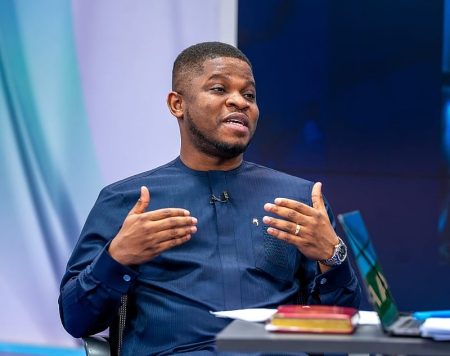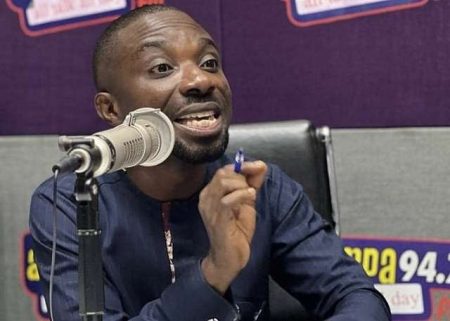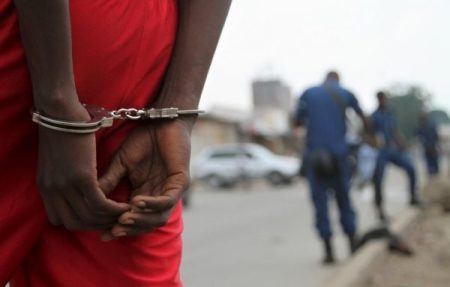The case of Bernard Antwi Boasiako, widely recognized as Chairman Wontumi, has ignited a fervent discussion regarding the proportionality and equitability of bail conditions imposed by the Economic and Organized Crime Office (EOCO). Wontumi, the Ashanti Regional Chairman of the New Patriotic Party (NPP), is currently under investigation for a series of grave offenses, including fraud, money laundering, and causing financial loss to the state. The gravity of these allegations underscores the seriousness of the ongoing investigation and the potential ramifications for both Wontumi and the broader political landscape. EOCO’s decision to grant bail, while acknowledging the principle of presumption of innocence, is coupled with conditions that have sparked controversy and raised questions about their appropriateness.
Central to the debate are the stringent terms of Wontumi’s bail, set at GH¢50 million with two sureties, both of whom must be justified by EOCO. This substantial financial requirement has drawn criticism from various quarters, with legal experts and commentators questioning its reasonableness and potential to unduly restrict Wontumi’s liberty. Nana Obiri Boahen, a private legal practitioner and political commentator, has been particularly vocal in his condemnation of the bail conditions, characterizing them as “excessive and onerous.” He argues that the amount is far beyond the reach of the average Ghanaian and effectively serves as a disguised form of detention, undermining the very purpose of bail, which is to ensure the accused’s availability for trial while respecting their freedom until proven guilty.
Obiri Boahen’s concerns extend beyond the financial aspect of the bail conditions to encompass the broader implications for the justice system. He posits that such exorbitant bail requirements create a two-tiered system, where individuals with significant financial resources can secure their release while others, lacking such means, are effectively incarcerated despite the presumption of innocence. This disparity, he argues, undermines the fundamental principle of equality before the law and raises concerns about the potential for discrimination and abuse within the justice system. By imposing such a high financial burden, EOCO, according to Obiri Boahen, is effectively circumventing the intended purpose of bail and imposing a pre-trial penalty, regardless of the eventual outcome of the investigation.
The Deputy Attorney General, Justice Srem-Sai, has justified the ongoing investigation and the associated asset-tracing operations as necessary measures to recover suspected proceeds of crime and prevent further dissipation of assets. This explanation underscores the complexity of the case and the need to safeguard potential evidence and recover any ill-gotten gains. However, critics like Obiri Boahen argue that these justifications do not negate the concerns about the bail conditions. While acknowledging the need for thorough investigation and asset recovery, they maintain that the bail terms should be proportionate to the alleged offenses and the accused’s circumstances, ensuring a balance between the interests of justice and the rights of the individual.
The Wontumi case brings to the forefront the ongoing debate regarding the balance between ensuring accountability and upholding the rights of the accused within Ghana’s legal system. The imposition of seemingly excessive bail conditions raises questions about the potential for such measures to be used as a tool of intimidation or harassment, particularly against politically prominent figures. The discussions surrounding this case highlight the need for greater transparency and accountability within law enforcement agencies and the judiciary, ensuring that decisions related to bail are based on objective criteria and not influenced by extraneous factors.
The controversy surrounding Chairman Wontumi’s bail serves as a microcosm of broader concerns about the fairness and accessibility of justice in Ghana. It calls for a critical examination of existing legal frameworks and practices related to bail, ensuring they align with international human rights standards and uphold the principles of fairness, equality, and due process. As the investigation continues, the public scrutiny surrounding this case will undoubtedly contribute to the ongoing dialogue regarding judicial reforms and the need for a more equitable and accessible justice system for all Ghanaians, regardless of their political affiliations or financial standing.


